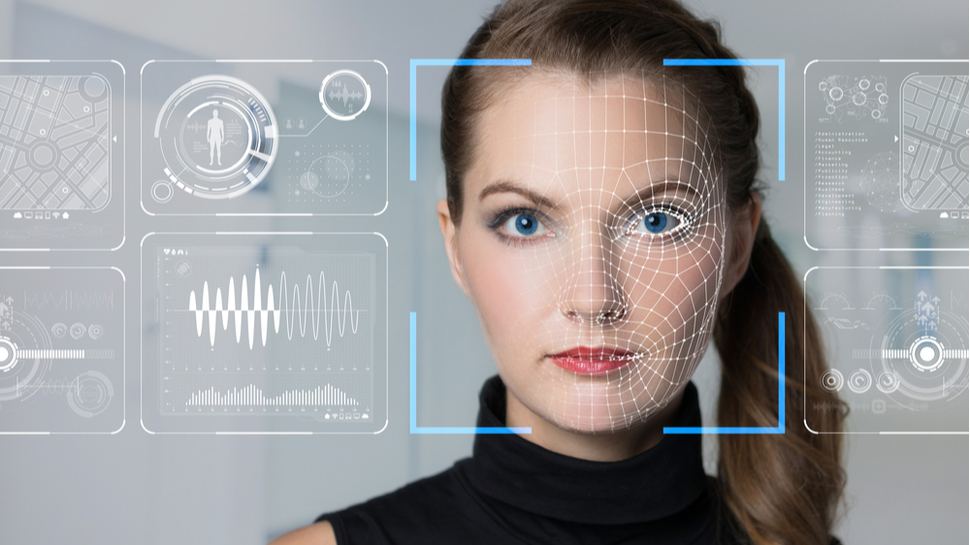Businesses are struggling to prepare for deepfake attacks
Deepfake attacks - are businesses at risk?

The threat of deepfake attacks has escalated rapidly in the last five years thanks to the advances and accessibility of Generative AI, new research has claimed.
With 90% of cybersecurity breaches being identity related, they are a cause for growing concern amongst businesses. Of those surveyed by GetApp, 47% of UK IT professionals have privacy concerns and 42% fear potential identity theft from using biometric authentication.
Similarly, iProov found that 70% of organizations believe deepfake attacks will have a high impact, but 62% worry their organization is not doing enough.
Spending implications
Deepfake attacks digitally replicate a person’s likeness, and manipulate a face, voice, or body, and have become increasingly convincing and difficult to spot without proper equipment, and can even be broadcast in real time. In Hong Kong, a firm was recently tricked into paying $25 million to cybercriminals who used deepfake technology to impersonate the company's CFO in a video call.
GetApp's report found 92% of organizations who have used security measures found success with them, but as the technology has evolved and become more sophisticated, trust in these measures diminished, with 30% of respondents expressing significant concern for the potential for AI to be used for biometric identity fraud.
“AI-generated attacks and deepfakes are provoking anxiety among companies but also action … Simpler vulnerabilities are often opening up UK businesses to cyber risks," GetApp analyst David Jani said.
"Therefore, it’s important not to get dazzled by newer, flashier attacks at the cost of ignoring the fundamentals of cyber protection.”
Sign up to the TechRadar Pro newsletter to get all the top news, opinion, features and guidance your business needs to succeed!
Investment in cybersecurity is key, yet 91% of IT professionals say budgetary constraints are an obstacle in identity management security. However, 81% of UK respondents report that their companies have invested in cybersecurity solutions in the last 18 months. Monitoring, training and awareness courses, and simulation exercises have been used to help employees spot the signs and help prevent fraud.
To help keep your personal information safe, we've listed the best identity theft protection for families.
More from TechRadar Pro
- Take a look at our best ransomware protection software
- We've also rounded up the best endpoint protection tools around
- Protecting digital integrity in the age of deepfakes and identity fraud

Ellen has been writing for almost four years, with a focus on post-COVID policy whilst studying for BA Politics and International Relations at the University of Cardiff, followed by an MA in Political Communication. Before joining TechRadar Pro as a Junior Writer, she worked for Future Publishing’s MVC content team, working with merchants and retailers to upload content.